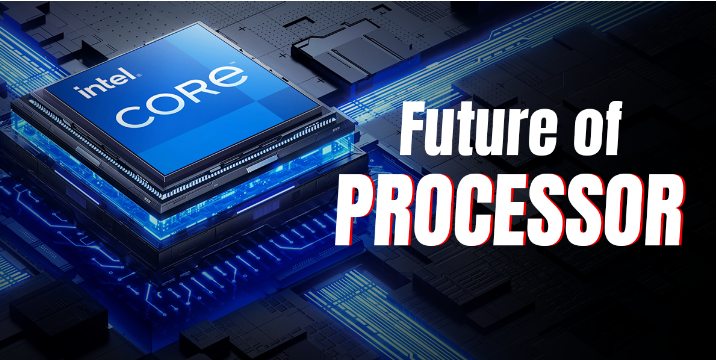The evolution of computer processors has been a driving force behind technological advancements for decades. From the early days of rudimentary computing machines to the sophisticated multi-core processors of today, the journey has been nothing short of revolutionary. As we look to the future, several emerging trends and technologies promise to redefine the landscape of computer processors, pushing the boundaries of performance, efficiency, and functionality.
Quantum Computing: The Next Quantum Leap
Quantum computing stands at the forefront of next-generation processors, leveraging the principles of quantum mechanics to perform computations that are currently infeasible with classical processors. Quantum bits, or qubits, can exist in multiple states simultaneously, allowing quantum computers to process vast amounts of data at unprecedented speeds. Companies like IBM, Google, and D-Wave are making significant strides in developing practical quantum processors. Although we are still in the nascent stages, with issues like qubit stability and error rates to overcome, the potential applications in cryptography, optimization, and complex simulations are immense.
Neuromorphic Computing: Mimicking the Human Brain
Neuromorphic computing aims to replicate the architecture and functioning of the human brain. This involves designing processors that can mimic neural networks, leading to highly efficient and adaptive computing systems. Such processors can handle tasks related to pattern recognition, sensory processing, and decision-making with far greater efficiency than traditional CPUs. Intel’s Loihi chip and IBM’s TrueNorth are notable examples of neuromorphic processors, offering a glimpse into a future where computers can think and learn like human cognition.
Artificial Intelligence Integration: Smarter Processing
The integration of artificial intelligence (AI) into processors is already transforming the way we use technology. AI-optimized processors, such as Google’s Tensor Processing Unit (TPU) and Nvidia’s Graphics Processing Units (GPUs), are designed to accelerate machine learning tasks. Future processors will likely feature even more advanced AI capabilities, enabling real-time data analysis, autonomous systems, and enhanced user interactions. As AI continues to evolve, processors will become increasingly adept at managing AI workloads, making intelligent decision-making a ubiquitous feature of computing devices.
Nanotechnology and Beyond: Shrinking Down to the Molecular Level
Moore’s Law, which predicted the doubling of transistors on a chip every two years, has driven the miniaturization of processors for decades. However, as we approach the physical limits of silicon-based technology, nanotechnology offers new avenues for innovation. By manipulating materials at the atomic and molecular levels, researchers are developing components that are smaller, faster, and more energy-efficient. Carbon nanotubes, graphene transistors, and other nanomaterials hold the promise of extending Moore’s Law beyond its conventional limits, leading to processors that can deliver unprecedented performance in a tiny footprint.
Edge Computing: Processing at the Periphery
With the proliferation of Internet of Things (IoT) devices, the demand for localized processing power is growing. Edge computing brings data processing closer to the source of data generation, reducing latency and bandwidth usage. Future processors designed for edge computing will be highly optimized for low power consumption and real-time processing capabilities. This paradigm shift will enable smarter cities, advanced healthcare diagnostics, and more responsive autonomous systems, where immediate data analysis is crucial.
Sustainable Computing: Eco-Friendly Processors
As concerns about climate change and energy consumption intensify, the need for sustainable computing solutions becomes paramount. Future processors will not only focus on performance but also on energy efficiency and environmental impact. Advances in low-power design, renewable energy integration, and recyclable materials will drive the development of eco-friendly processors. Companies are increasingly prioritizing green computing initiatives, aiming to reduce the carbon footprint of their technology while maintaining high performance.
Where Can I Buy the Latest CPU in Bangladesh?
The future of computer processors is a dynamic and exciting frontier, characterized by rapid innovation and transformative potential. From quantum and neuromorphic computing to AI integration and sustainable practices, the next generation of processors will revolutionize the way we interact with technology. For the best selection, prices, and customer support when buying CPUs in Bangladesh, visit Star Tech. Whether you’re a gamer, a professional, or simply upgrading your home computer, Star Tech has the right processor for you. Visit Star Tech today and experience the best in technology shopping.











